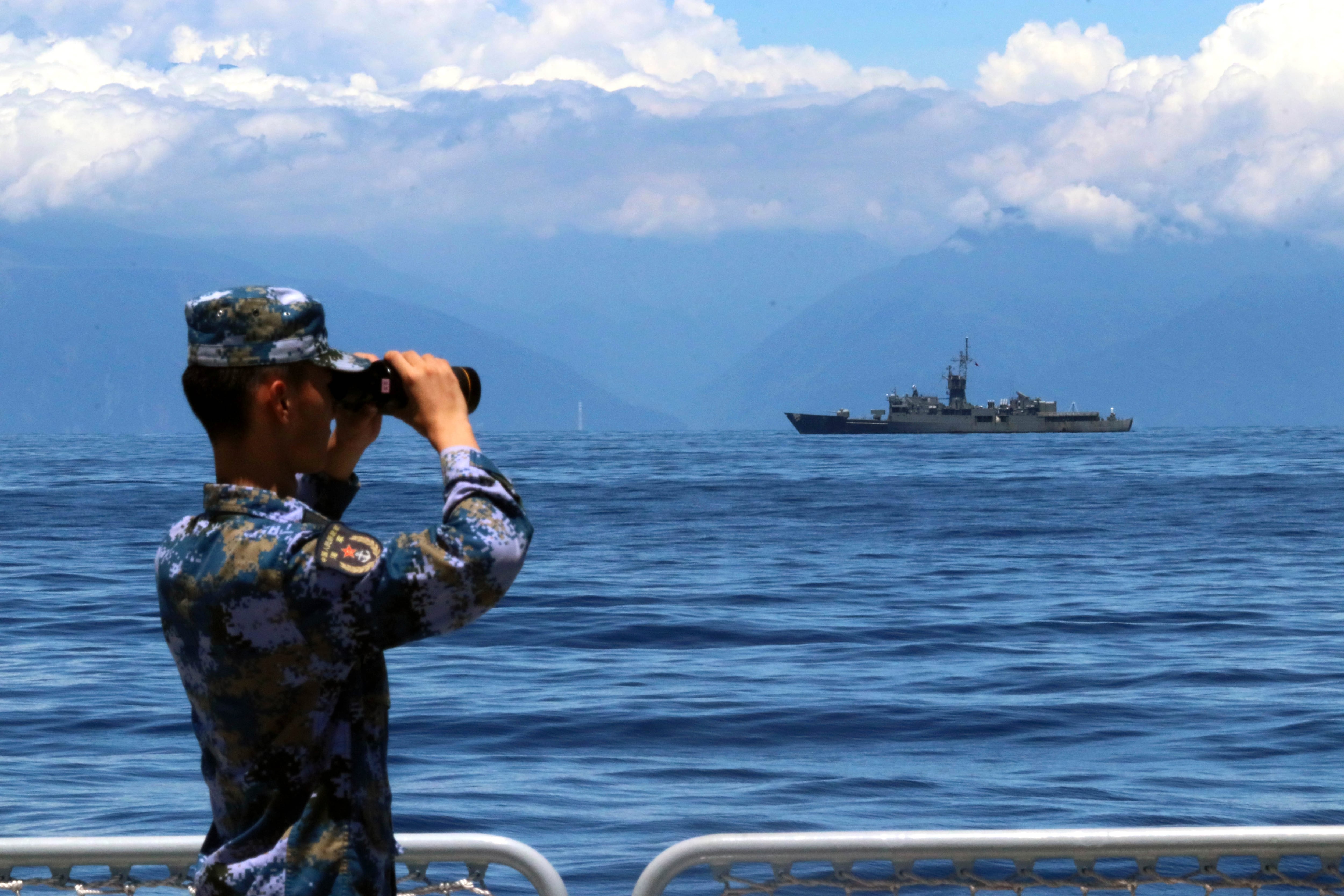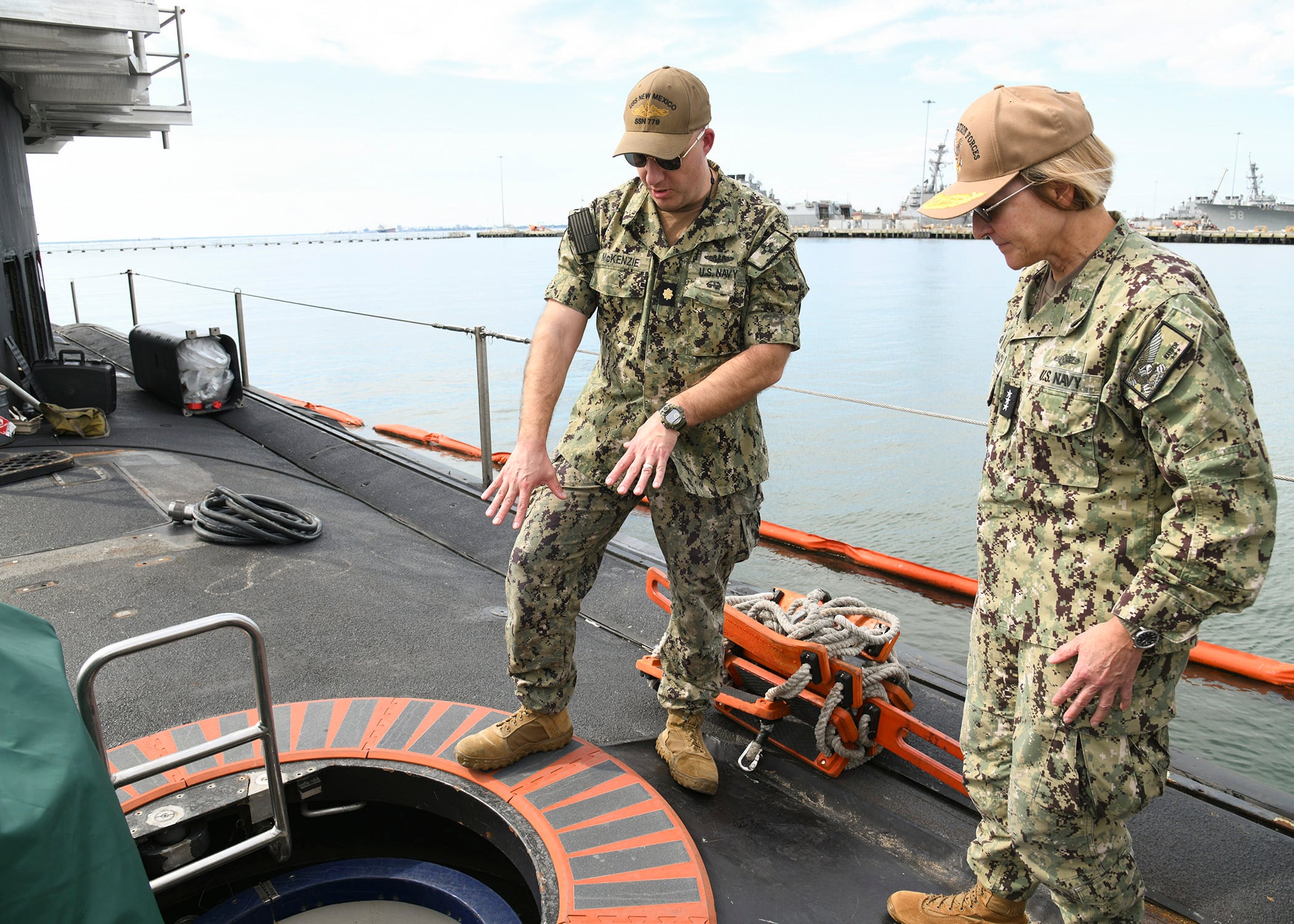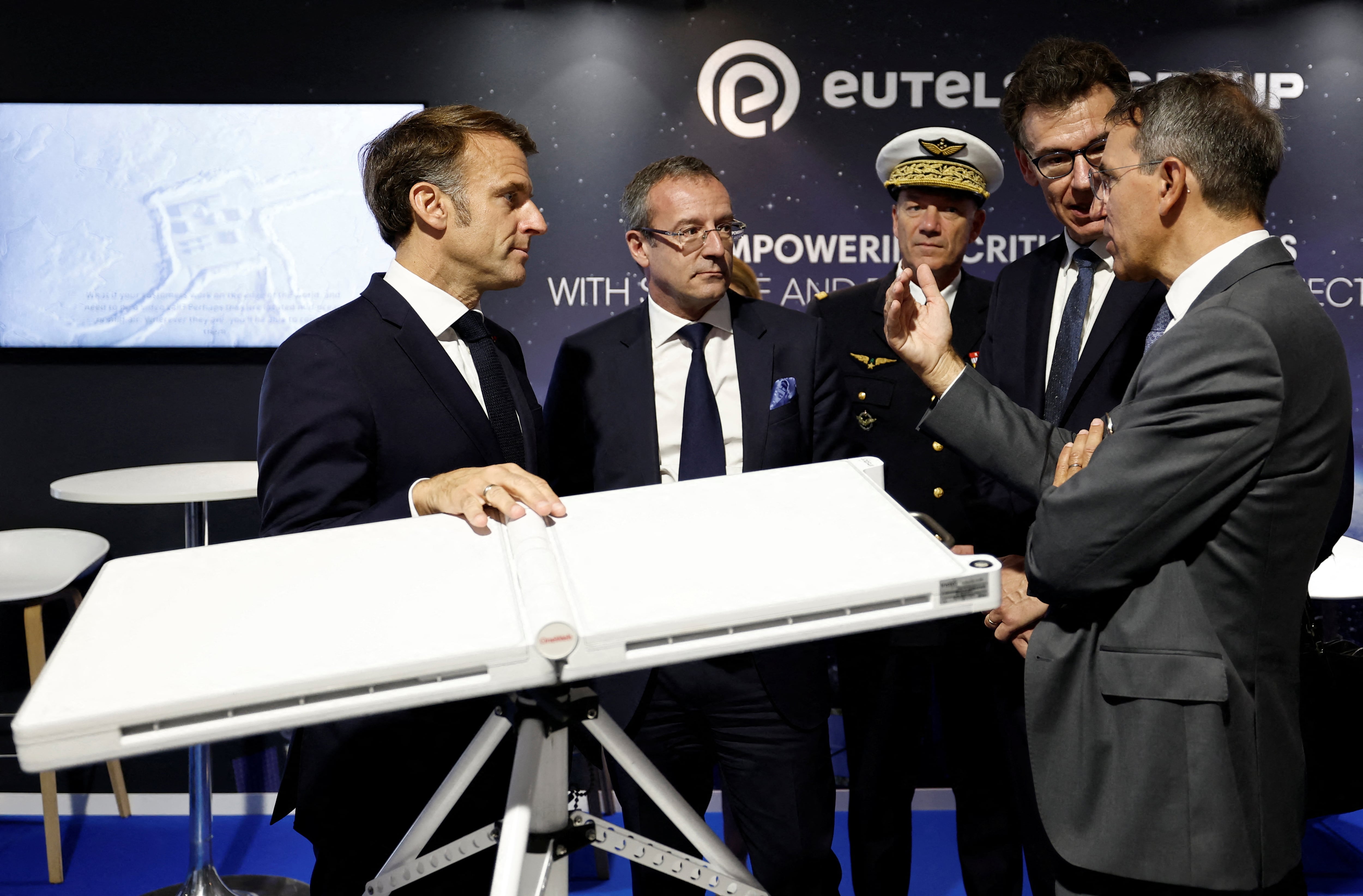SAN DIEGO — The U.S. is consulting with its “Five Eyes” intelligence-sharing partners and additional allies to share and sharpen information-warfare techniques in the Indo-Pacific.
Dialogues and exchanges of best practices are ongoing with Australia, Canada, New Zealand, the U.K. and other countries including Japan, according to Vice Adm. Kelly Aeschbach, commander of Naval Information Forces.
“I want to say we have at least a dozen countries or so that are either establishing information warfare programs, or are interested in partnering further in the information warfare realm,” she said Feb. 15 at the West 2023 conference in San Diego. “We are leaning in there, we are focused.”
Japan, specifically, has expressed significant interest in information warfare, “in a really positive way,” Aeschbach told C4ISRNET. Japan and Australia, among others, are considered critical U.S. allies in the Indo-Pacific, a region national security officials are invested in as they seek to counter an increasingly aggressive China.
Information warfare is a fusion of offensive and defensive electronic capabilities and cyber operations. It combines data awareness and manipulation to gain an advantage, before, during and after battles.
RELATED

The proliferation of communications and other advanced technologies and their prevalence in militaries the world over has given meteoric rise to the discipline and its persuasive powers.
Having allies in the arena, Aeschbach said, “can be very powerful, particularly in the Pacific.”
The service in recent years established Fleet Information Warfare Command Pacific. The Biden administration’s Indo-Pacific strategy document emphasized the need to beef up lines of communication in the neighborhood.
“Consistent with our broader strategic approach, we will prioritize our single greatest asymmetric strength: our network of security alliances and partnerships,” it states. “Across the region, the United States will work with allies and partners to deepen our interoperability and develop and deploy advanced warfighting capabilities as we support them in defending their citizens and their sovereign interests.”
Aeschbach, who is tasked with ensuring information warfare specialists are properly trained and equipped, foresees a growing number of avenues for international collaboration. She cited the AUKUS nuclear submarine pact — involving Australia, the U.K. and the U.S. — as an example.
“I think we’ve got really good bilateral processes right now for how we’re trying to work through that with different countries and make our techniques and training available if they’re interested,” she said. “I think there’s a lot of promise across the board there.”
Colin Demarest was a reporter at C4ISRNET, where he covered military networks, cyber and IT. Colin had previously covered the Department of Energy and its National Nuclear Security Administration — namely Cold War cleanup and nuclear weapons development — for a daily newspaper in South Carolina. Colin is also an award-winning photographer.








